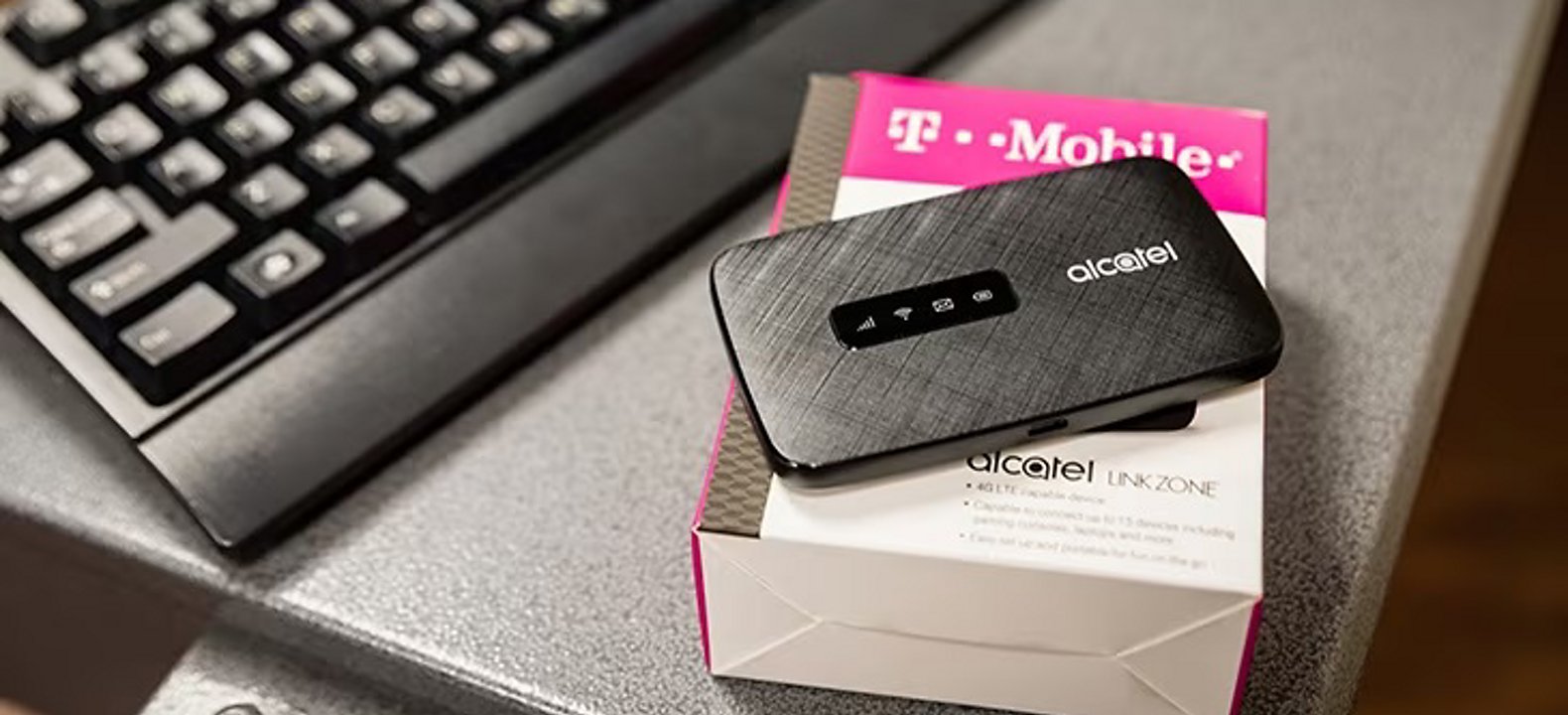Harnessing mobility to move a city forward.
The City of Wichita is a leading-edge organization serving a dynamic and inclusive community. The team’s mission is to be an exceptionally well-run city.
The City of Wichita is a leading-edge organization serving a dynamic and inclusive community. The team’s mission is to be an exceptionally well-run city.
OVERVIEW
Building a smart strategy
Taking small risks to ensure success
Using technology to enhance day-to-day programs and services.
Like many mid-sized cities around the U.S., Wichita, Kansas is in the midst of a technology renaissance. The city's IT leaders are rolling out technologies that are making their city more connected and more responsive to the people who live there.
And while they are using technology to solve hard problems, like reducing the amount of time city vehicles sit idling, they aren’t leading with technology. Instead, every idea must have a sound business case, meet a need in the community, or improve the city's quality of life before dollar-one is spent.
"We focus on business strategy,” says Wichita’s CIO Mike Mayta. “I'm not going to build a strategy around a specific technology. I'm going to build a strategy around what makes sense from a business perspective."
Even then, Wichita's IT department needs proof they aren’t wasting tax dollars chasing boondoggles. They start small, rolling out new technology in stages that begin with a short-term proof of concept, usually about 90 days.
If a trial is successful, Mayta’s team expands on that success, deploying technology in stages (design, deploy, decide) so they can use the resulting data to ascertain if what they expected to happen, actually happens. Nothing breeds success like success, so when they hit on a good idea, like loaning out 4G LTE hotspots to help families who don’t yet have reliable access to the internet, they leverage their technology partners to help.
“About 26 percent of Wichita homes do not have internet access,” says Mayta. “
When the city's long-term partner,
"

Another good example of this partnership in action is when the city proposed providing law enforcement with tablets. There was enthusiasm for the idea but few assurances it would work as planned. To find out,
"That's the piece I've always appreciated with
Wichita is a hub for the aeronautics industry, and the area's engineers have high expectations for a digitally-driven, civic experience. The city needs to provide a great wireless experience in order to deploy technologies that enhance lifestyles, provide better services, and save money all at the same time.
The city fleet’s idle policy is a great example. Technology allows fleet managers to finally enforce a long-standing policy that city's cars and trucks should not be left idling, needlessly burning fuel and polluting the city's air.
The city's public transit system is another area of focus. Sixty buses now have free,
A similar program connects over 170 of the city's police cruisers to the internet, making sure officers get the vital information needed for today's law enforcement to be effective. As an example, moving data from license plate readers to the cruisers equipped with this technology helps quickly locate stolen or Amber Alert vehicles.
Next up on this ambitious agenda is getting the city ready for self-driving cars. It's no longer if, but when. Having an always on, always reliable next generation network will be critical.
"What we're really trying to focus on in 2019 is being ready, which requires us to take chances and lean into our partner relationships to try new things,” says Mayta. “People talk about doing stuff they don't ever actually get around to doing. So, we're really trying to focus on putting these things in place. Let's see what happens, and then use the data we get back to make decisions. That's our big thing-actually doing it. And we’re going to work with partners like
$80k+
estimated annual savings
Want even more trends, insights, and success stories?